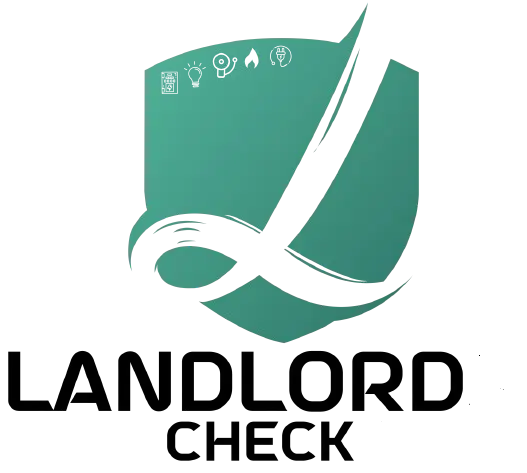Residential Fire Risk Assessment: Protecting Homes and Saving Lives
Fire safety in residential properties is paramount, regardless of whether you’re a homeowner, landlord, or property manager. While the specific legal requirements may vary, the fundamental principle remains the same: protecting lives and minimizing the risk of fire. A crucial tool in achieving this is the residential fire risk assessment. This blog will explore the importance of residential fire risk assessments, outlining key considerations and best practices for ensuring the safety of occupants.
A residential fire risk assessment is a systematic and comprehensive evaluation of a property to identify potential fire hazards, assess the associated risks, and recommend appropriate control measures. While the Regulatory Reform (Fire Safety) Order 2005 primarily applies to non-domestic premises, responsible homeowners and landlords should proactively assess fire risks in their properties to safeguard occupants and meet their duty of care. For certain types of residential properties, such as blocks of flats or HMOs, a fire risk assessment is legally required.
Homeowners have a moral and ethical responsibility to ensure the safety of their families. Landlords, however, have a legal obligation to protect their tenants from fire hazards. This obligation stems from common law duties of care and, in the case of certain types of properties (e.g., HMOs, blocks of flats), from the Regulatory Reform (Fire Safety) Order 2005. Even if not legally mandated, conducting a residential fire risk assessment is a sign of responsible property ownership and a commitment to tenant safety.
What Does a Residential Fire Risk Assessment Involve?
A thorough residential fire risk assessment should include the following:
Identification of Fire Hazards: Pinpointing potential ignition sources (e.g., faulty wiring, cooking appliances, smoking materials) and fuel sources (e.g., combustible materials, furniture, flammable liquids).
Identification of People at Risk: Determining who is at risk in the event of a fire, including residents, visitors, and contractors, and considering any vulnerable individuals who may require assistance.
Evaluation of the Building: Assessing the fire resistance of walls, floors, and ceilings, as well as the adequacy of compartmentation to prevent fire spread (particularly important in flats and HMOs).
Protecting your home and the lives of those who live there requires a proactive and responsible approach to fire safety. By conducting a thorough and regularly reviewed residential fire risk assessment, you can identify potential hazards, implement appropriate safety measures, and create a safer living environment for everyone.

Talk To Us!
Have Questions? Call Us Today for Expert Advice & Instant Assistance.
020 8609 7777
Booking assistance & Support

Fire Risk Assessment

Gas Safety Certificate
Gas Safety Certificate – Domestic – Meter & Upto 2 appliances
£57.99 Book NowGas Safety Certificate – Domestic – Meter & Upto 4 appliances
£77.99 Book NowCarbon Monoxide Alarm
£80 Book NowGas Safety Certificate – Domestic – “Discounted Offer” Boiler Service + Gas Certificate & 2 appliances
£89.99 Book NowGas Safety Certificate – Commercial – 1 appliance
£199 Book NowGas Safety Certificate – Commercial – 2 appliances
£245 Book NowGas Safety Certificate – Commercial – Boiler Service
£280 Book Now

Electric Safety
Studio Appartments Electrical Safety Certificate (EICR)
£65 Book NowPAT Testing Up To 10 Items
£58 Book NowDomestic Electrical Safety Certificate EICR 1 – 3 Bedroom – 1 Consumer Unit Up to 12 Circuits
£99 Book NowDomestic Electrical Safety Certificate EICR 4 Bedrooms – 1 Consumer Unit Up to 12 Circuits
£120 Book NowCommercial Electrical Certificate (EICR) – 1 Consumer Unit Up to 12 Circuits
£149 Book NowDomestic Electrical Safety Certificate EICR 5 Bedrooms – 1 Consumer Unit Up to 12 Circuits
£150 Book NowDomestic Electrical Safety Certificate EICR 6 Bedrooms – 1 Consumer Unit Up to 12 Circuits
£158.33 Book NowFuse Box Installation
£415.83 Book Now

Energy Performance

Inventory Services

Asbestos Surveys

Electric-Gas Appliances & Hob Installations

Talk To Us!
Get in touch if you're uncertain or need assistance ?
020 8609 7777
Talk to a Friendly Advisor
Accreditations

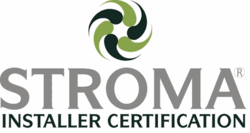
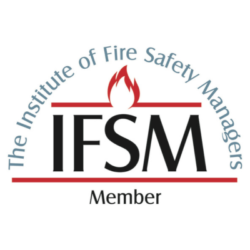
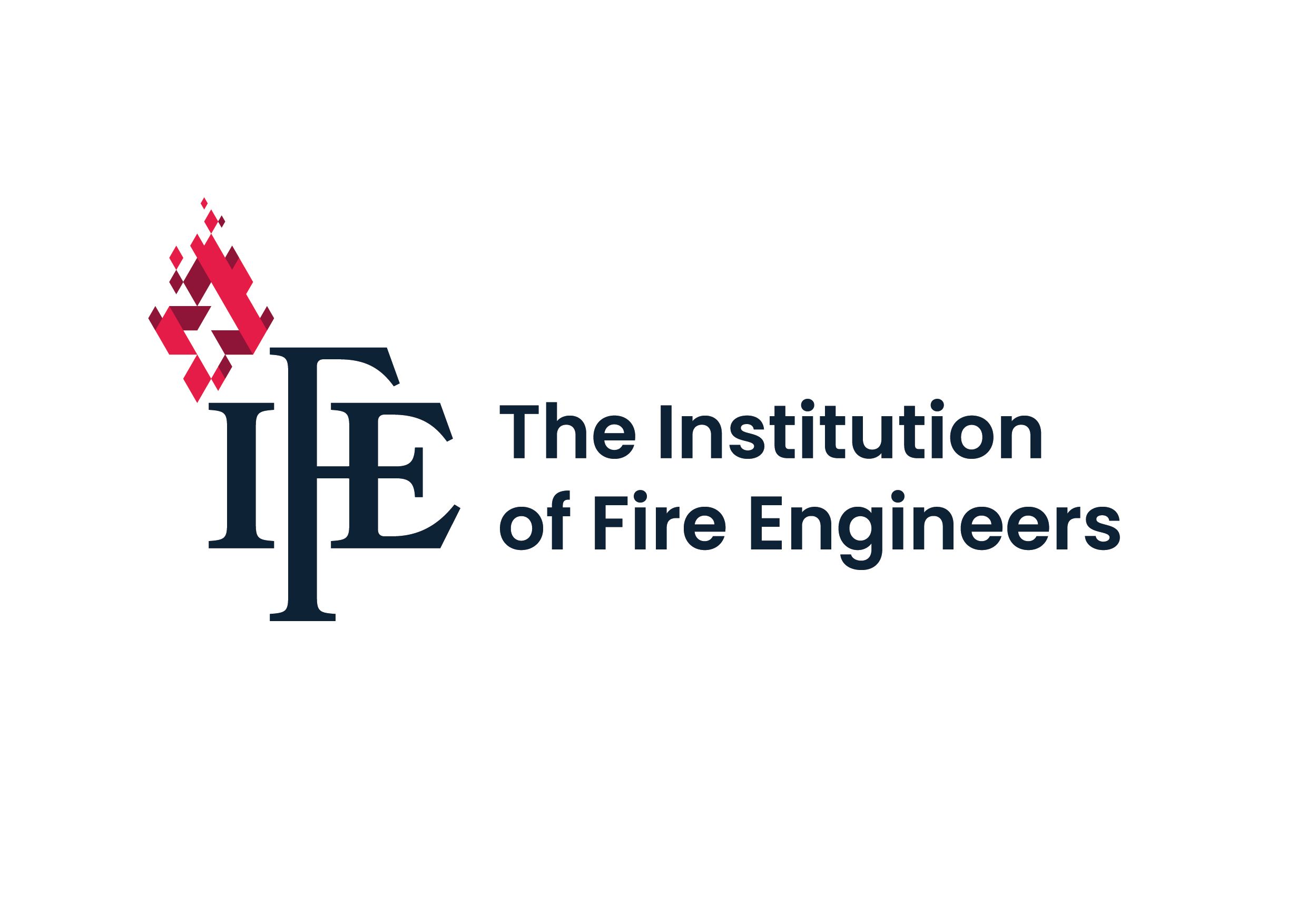
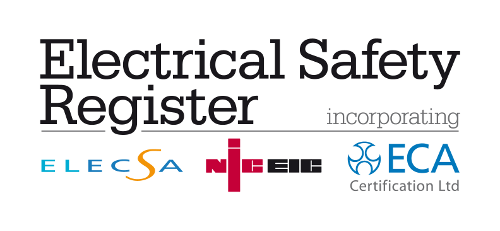
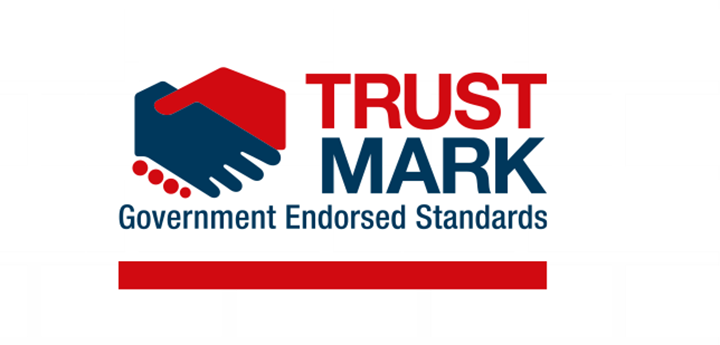
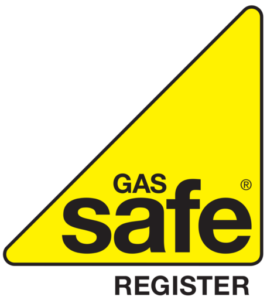
Help & Advice
-
Which Companies Provide Landlord Safety Certificates with Free Follow-Up Inspections?
Follow-up inspections verify that identified safety deficiencies have been properly remediated, ensuring rental properties meet all safety standards before certification. Understanding which providers offer complimentary follow-up visits, what these inspections
-
Which Service Offers Emergency Landlord Safety Certificate Renewals?
Emergency situations requiring urgent landlord safety certificate renewals arise more frequently than many property owners anticipate, from discovered expired certificates to urgent tenant move-ins and unexpected local authority inspections. Understanding
-
Where Can I Find a Landlord Electrical Safety Certificate Provider?
Electrical safety certificates represent essential legal requirements for rental properties in England, with regulations mandating comprehensive testing and certification every five years or at each change of tenancy. Finding qualified
-
Who Provides Landlord Gas Safety Certificates with Online Booking?
Modern technology transforms how landlords arrange essential compliance services, with online booking systems offering unprecedented convenience for obtaining gas safety certificates. Understanding which providers offer digital booking platforms, the advantages
-
Which Companies Offer Fast Landlord Safety Certification Services?
Time-sensitive situations frequently require landlords to obtain safety certificates quickly, whether for urgent tenant move-ins, compliance deadline pressures, or unexpected certificate expiries. Understanding which companies provide fast landlord safety certification
-
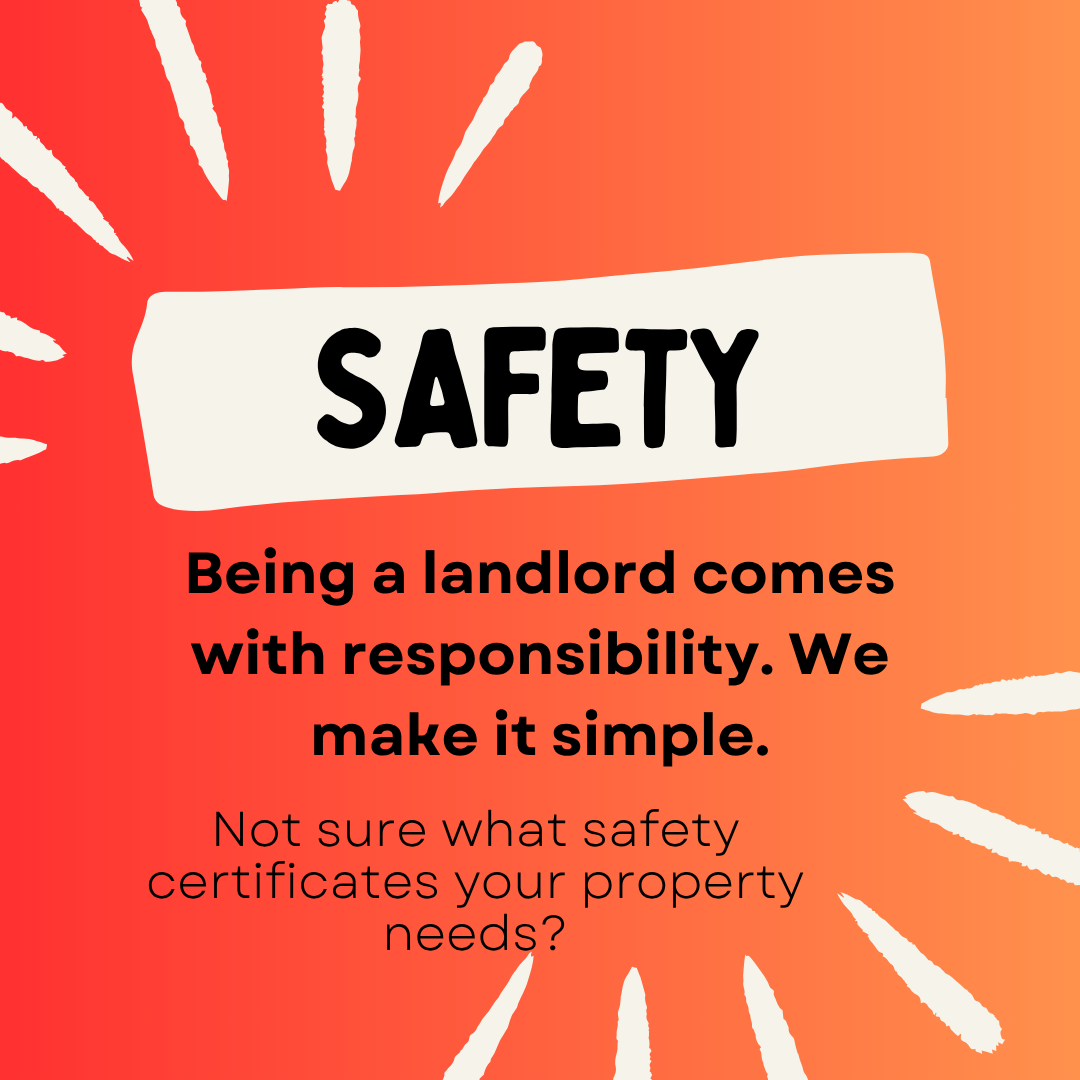 Which Companies Provide Landlord Safety Certificates with Free Follow-Up Inspections?
Which Companies Provide Landlord Safety Certificates with Free Follow-Up Inspections?
-
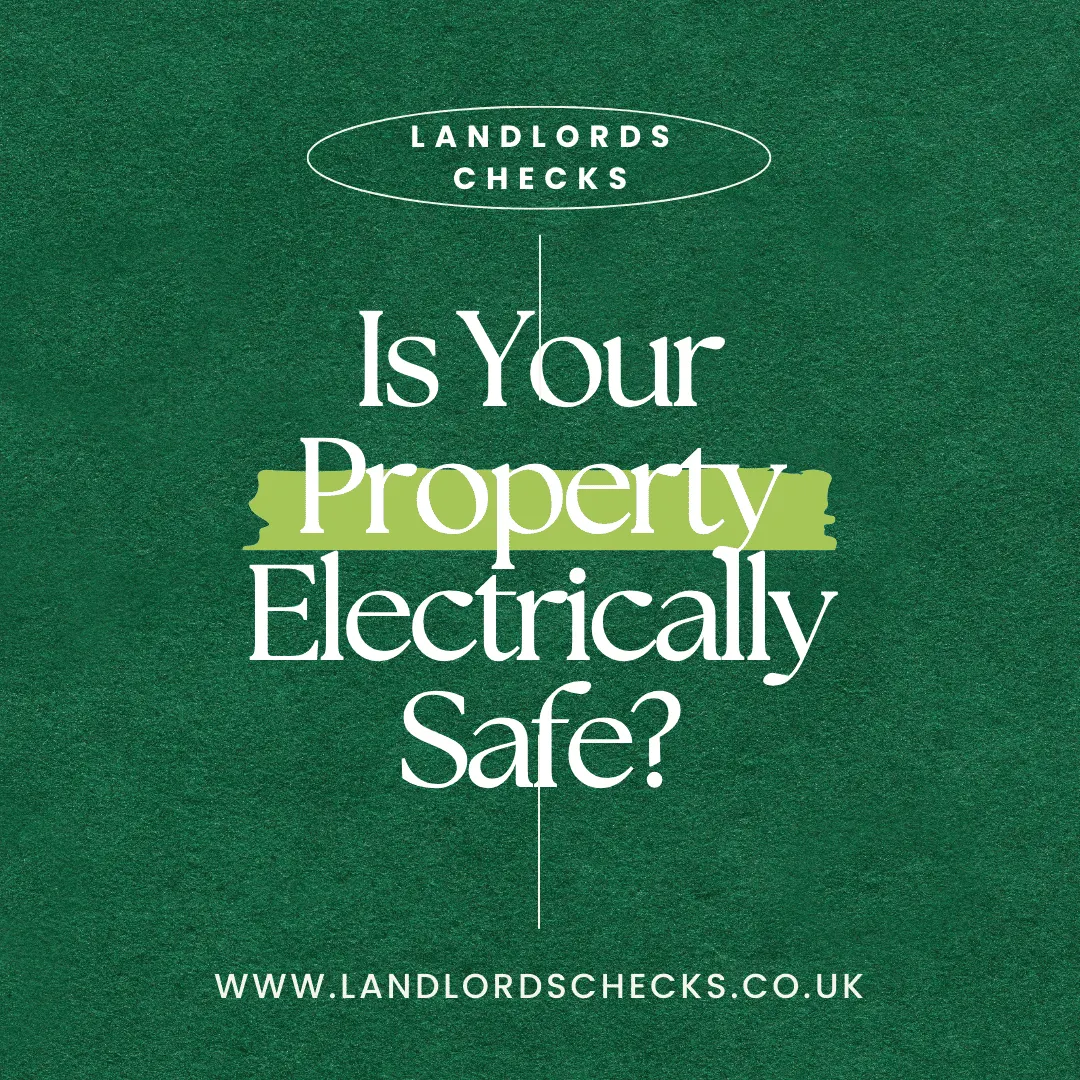 Which Service Offers Emergency Landlord Safety Certificate Renewals?
Which Service Offers Emergency Landlord Safety Certificate Renewals?
-
 Where Can I Find a Landlord Electrical Safety Certificate Provider?
Where Can I Find a Landlord Electrical Safety Certificate Provider?
-
 Who Provides Landlord Gas Safety Certificates with Online Booking?
Who Provides Landlord Gas Safety Certificates with Online Booking?
-
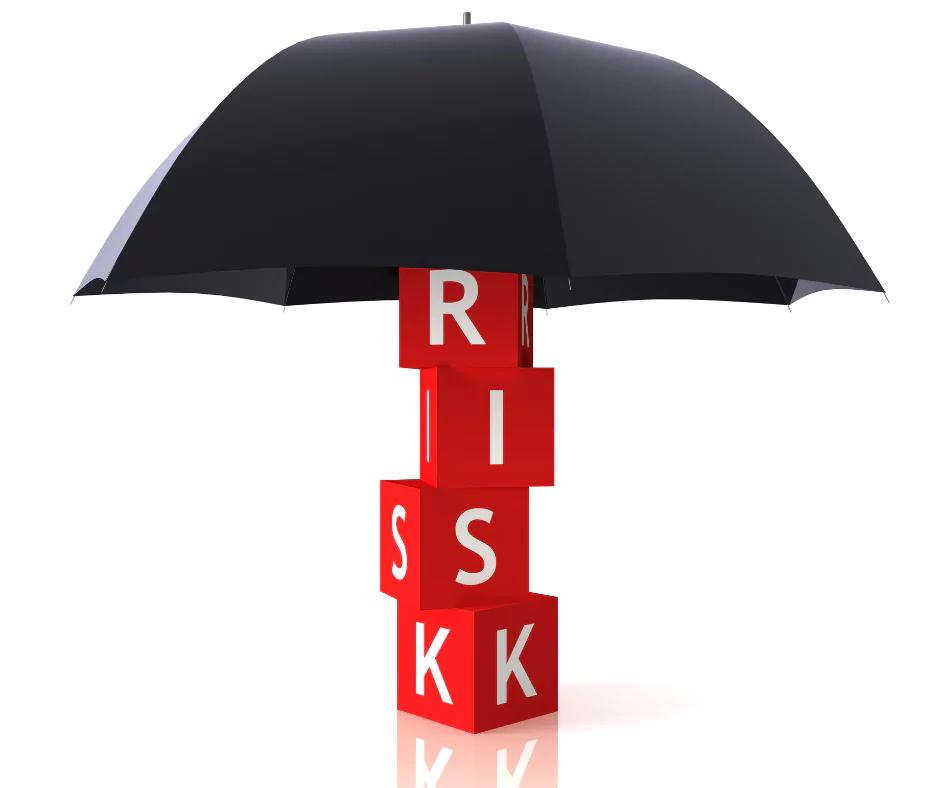 Which Companies Offer Fast Landlord Safety Certification Services?
Which Companies Offer Fast Landlord Safety Certification Services?



